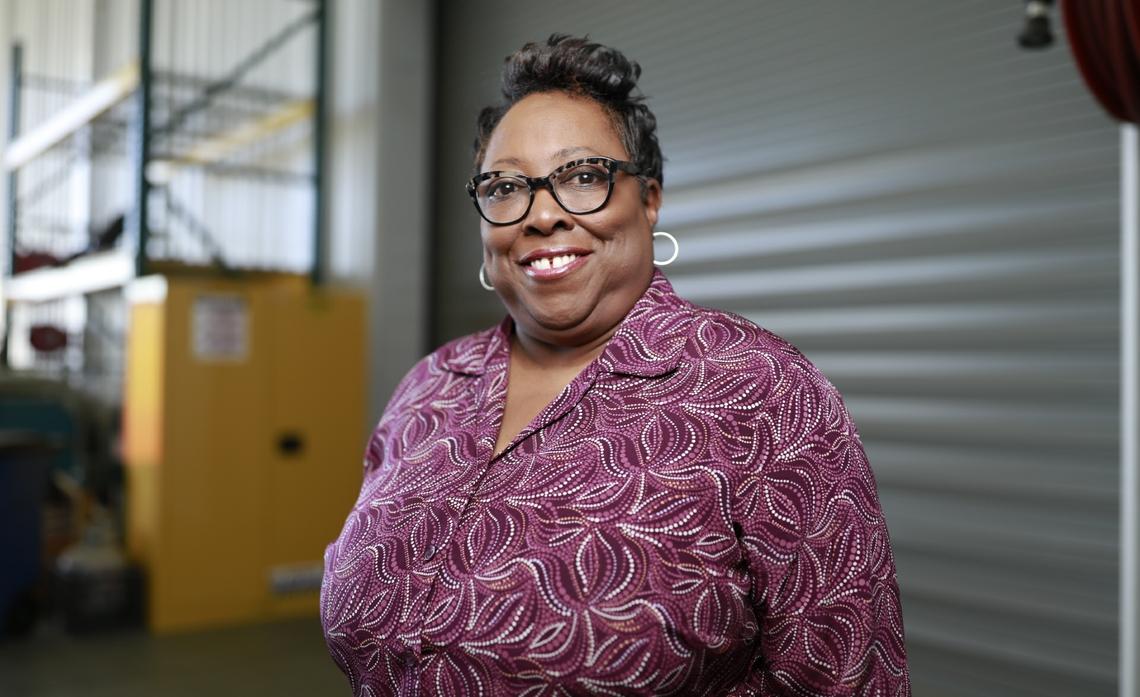Transparency and Partnership as Accelerants to Diversity and Economic Opportunity
It has been said that the currency of leadership is transparency. Nowhere is that truer than in building more diverse and, ultimately, more successful businesses and communities. Transparency creates a deeper understanding of the current state, drives greater accountability and serves as a catalyst for further dialogue. More importantly, transparency accelerates change.
Edison International and Southern California Edison recently voluntarily shared with their employees and the public detailed information about their workforces, including representation, pay, access and employee sentiment. Both also shared information on Edison’s diverse supplier business partners’ status and investments in local communities. Very few – if any – companies have shared this level of detailed information. The small number of companies that do disclose workforce data typically only release limited representation data. However, Edison decided to take a bolder approach because it believed it was the right thing to do.
Even though the data recognized Edison’s progress, the company realizes it has more work to do. Edison redoubled its commitment to making even more meaningful change, beginning with improving its African American colleagues’ employee experience and the African American communities it serves. This is centered in the strong belief that improving the work lives for its African American team members will ultimately benefit Edison’s entire workforce.
Edison is also deeply embedded in the communities it serves. Edison shareholders contributed $23 million in 2019 to support charitable nonprofits, predominantly in SCE’s service area, with 80% focused on programs for diverse and underserved communities. The company also shared that it spent more than $2 billion with more than 650 diverse suppliers, representing 40% of the total annual corporate spend of $5.5 billion.
Transparency is necessary, but it alone is insufficient to enable the kind of substantive change Edison needs. The other critical element is partnerships, particularly with African American-owned businesses and organizations like the California African American Chamber of Commerce (CAACC), which advocate for and drive economic opportunity and wealth creation for African American-owned businesses. Edison has supported CAACC for more than 20 years and sponsors a variety of educational forums to help African American-owned businesses be more successful.
Nationally, there are about 2 million African American-owned businesses. African Americans make up more than 13% of the U.S. population, but only 7% of businesses. California is home to about 10,000 African American-owned businesses, employing more than 81,000 employees. Even though California is rated the fourth-most supportive state for African American-owned businesses, behind Maryland, Georgia and New York, we can and should be better.
The investments in African American and other minority-owned businesses can significantly impact local economies, including new job growth, rising wages, an increasing tax base that supports local essential services and advancing our state’s overall competitiveness. This support is even more critical when you consider that African American-owned businesses are shutting down twice as fast as other businesses because of the disproportionate impact of the COVID-19 pandemic.
Edison cannot do this alone. Imagine the impact if others joined Edison in being transparent about where they stand on diversity, equity and inclusion and partnering with others to improve the work experiences and economic development opportunities for African American employees and citizens – and other diverse communities – to the benefit of us all.
Edison and CAACC jointly call on other companies to make this same commitment to transparency and partnership in business and community building. Collectively, we can be a major force for much-needed change within business and society. To that end, Edison and CAACC are proud to lead the charge in creating a collective force among a broad spectrum of public and private partnerships advocating for greater transparency and positive change. Our future success as a state and country depends on it.
For more information about the California African American Chamber of Commerce: calaacc.org



